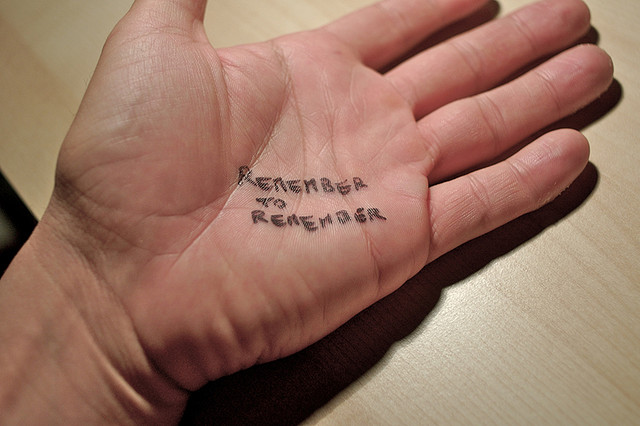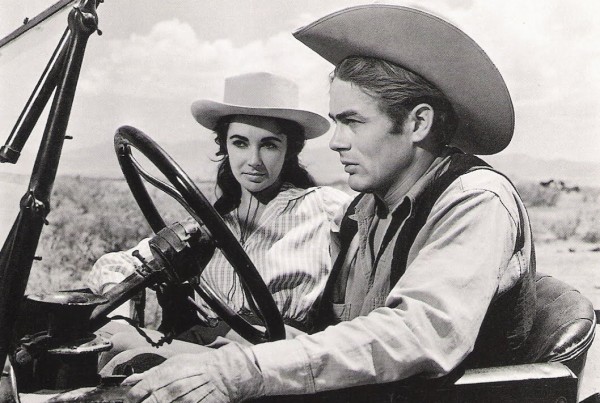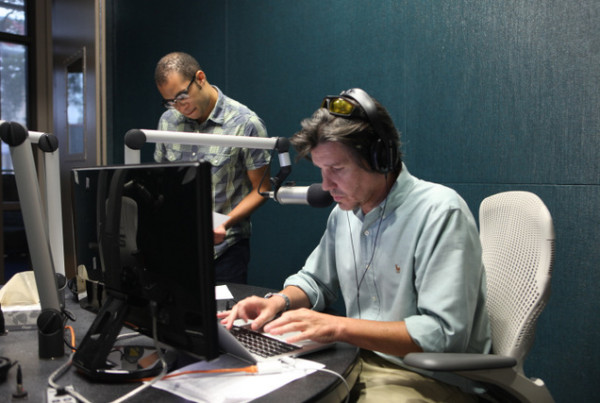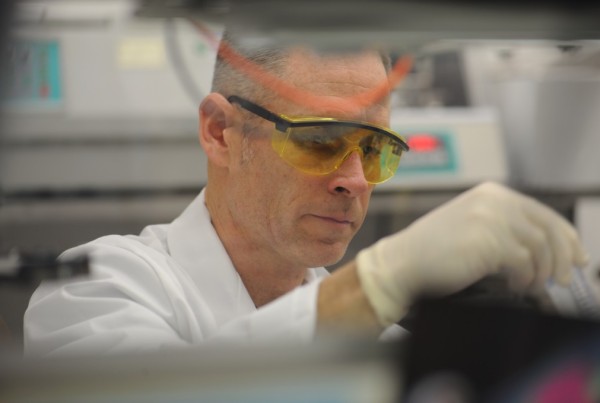How good are our memories?
Jury selection is underway in the trial of Eddie Routh, a war veteran accused of shooting to death Navy Seal Chris Kyle and another man two years ago. Kyle, also a veteran, is the subject of Clint Eastwood’s Oscar-nominated film, “American Sniper.”
The Texas Standard speaks with Art Markman, cognitive psychologist and professor at UT-Austin, about the difficulties involved in picking a jury amid the confluence of pop culture and true crime – and the intersection of fiction, reality and memory.
“The thing you have to know about memory is it’s not a videotape of the things that happened to you in the past,” Markman says. “Because your memory isn’t really there just to recall past experiences. What your memory is for is to help you to do things in the future. Clearly Brian Williams has spent a lot of time in war zones, he’s covered these kinds of stories, and whether he remembers these things as happening to him, or just happening around him, that all gets mixed together in later recollections.”
In the Chris Kyle case, potential jurors will have the added difficulty of filtering what they know of the film.
“People will sometimes remember scenes from movies and believe those scenes have happened to them,” Markman says. “It’s going to be very hard for people to keep that separate, because all of the memories that are associated with the same topic are going to be stored and retrieved together. Whether they were things that people experience, things that people heard, things that people saw in the movie. It’s going to be hard for the people on the jury to keep straight where they’ve heard things.”
Markman says this is why the court report is crucial in these cases.
“It’s going to be important for that jury to go back and look specifically at the testimony as it was said, because the more people end up relying on their memories for what was said, the more likely they are to weave in all kinds of extra factors,” Markman says.
















